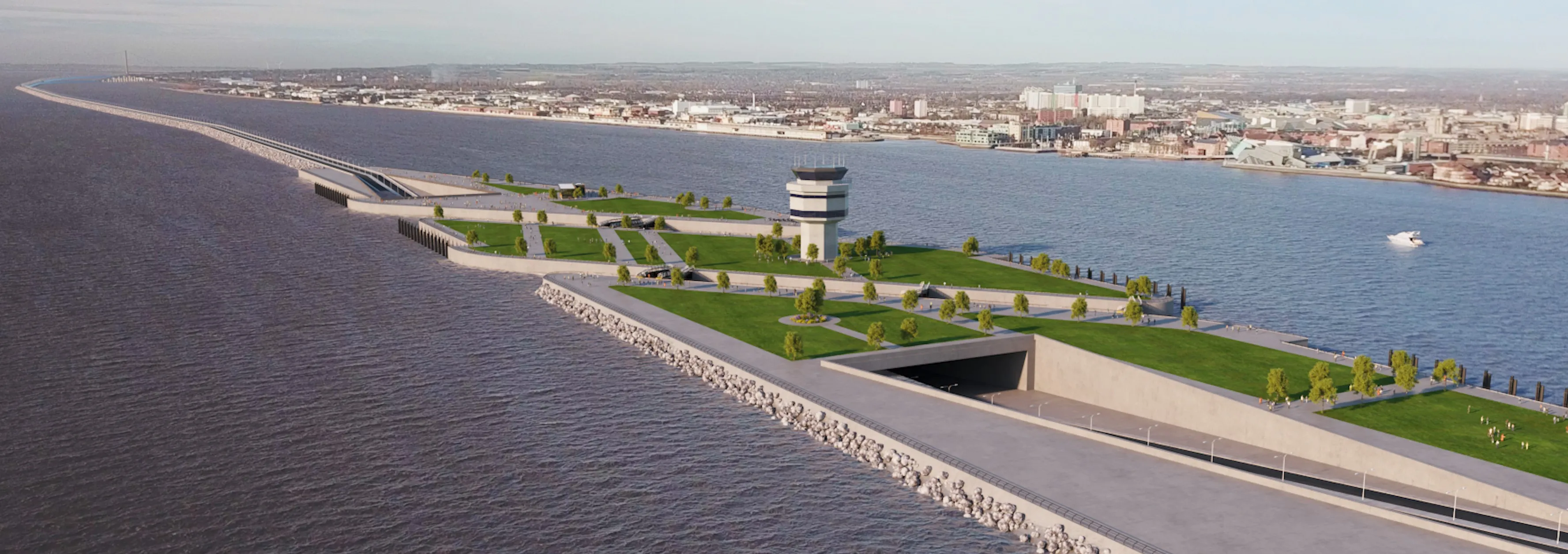Further problems surround the project to construct Algeria’s East-West Highway. Much of the route is complete, however a number of sections have faced delays with disputes having developed between contractors and the Algerian Government, which is overseeing the project. This latest development has seen the Algerian Ministry for Public Works announcing that the Japanese firm Cojaal has lost its contract to construct the remaining 84km of the eastern section of the East-West highway. It is not clear at presen
October 10, 2014
Read time: 2 mins
Further problems surround the project to construct Algeria’s East-West Highway. Much of the route is complete, however a number of sections have faced delays with disputes having developed between contractors and the Algerian Government, which is overseeing the project. This latest development has seen the Algerian Ministry for Public Works announcing that the Japanese firm Cojaal has lost its contract to construct the remaining 84km of the eastern section of the East-West highway. It is not clear at present when the highway will be complete. The Algerian Ministry for Public Works has also said that two contractors will take over the work from Cojaal, with this expected to cost less than before. Overall the total cost of the East-West Highway will not exceed US$11 billion, according to the Algerian Ministry for Public Works. Cojaal and the Algerian Ministry for Public Works have yet to agree on compensation levels for the contract having been terminated and the arbitration procedure will be carried out in Algeria, as the contract does not provide for international arbitration.







